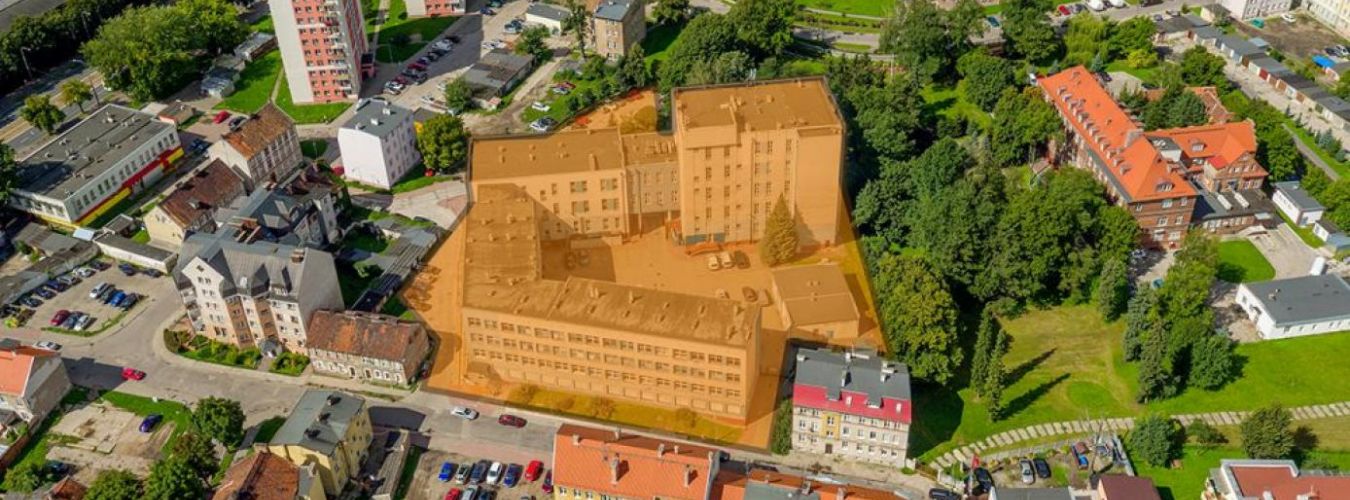An important factor influencing the profitability of a real estate investment for a business is the ability to deduct its value from tax-deductible expenses and recover VAT. What options does an entrepreneur have once they purchase a property or building and list it in their company's fixed asset register? What are the depreciation charges? When can VAT be deducted? Find out in the guide below.
Purchase of real estate for a company: depreciation deductions
Structures, buildings, and premises that are separately owned are—in accordance with Article 22a of the Personal Income Tax Act of 26 July 1991—fixed assets with an expected useful life of more than one year, which are subject to depreciation. To be eligible for depreciation, they must be entered into the fixed asset register. Depreciation occurs from the first month following the month in which the asset or value was entered into the register.
The depreciation charges are calculated on a straight-line basis using the rate from the list of depreciation rates, which are as follows:
- 2.5% of the initial value for non-residential buildings and premises,
- 1.5% of the initial value for buildings and residential premises,
- it is also possible to establish an individual rate when an asset meets the definition of a used asset and is entered into the taxpayer's records for the first time.
Depreciation should continue until the total amount reaches the initial value of the building or premises or until the asset is sold or liquidated.
Purchase of real estate for a company and VAT
To the extent that goods and services are used to perform taxable activities, the taxpayer has the right to reduce the amount of output tax by the amount of input tax (Article 86.1 of the Act of 11 March 2004 on Value Added Tax). This means that when purchasing real estate for business purposes, VAT can be deducted.
VAT and PCC tax – differences
First of all, however, you need to take into account who you are buying the property from:
- VAT is part of the price of real estate purchased from a developer or other entrepreneur. For premises and buildings with an area of 150 m², it is 8%. For properties larger than this, the VAT rate increases to 23%.
- If the property is purchased from a private individual under a civil law contract (usually for properties on the secondary market), a PCC tax must be paid, amounting to 2% of the property's price recorded in the notarial deed. If the purchase is related to business activity, the PCC tax—similar to VAT—can be included in tax-deductible costs.
When can VAT be deducted and when not?
The second consideration is how the property will be used. This impacts tax deductions:
- if the apartment was purchased for residential purposes, the VAT paid on the purchase cannot be deducted;
- If the apartment is used for short-term rentals and meets the criteria for a taxable activity, VAT can be deducted from the tax. The same applies to the purchase of commercial property .
What else should you pay attention to when buying real estate for your business?
In addition to depreciation and VAT, settling the company's income tax is also crucial when purchasing real estate for business purposes. Costs related to the operation and maintenance of the property, such as renovations, repairs, or management costs, can be included in tax-deductible expenses, reducing the tax base.
If you're running a small business, even a sole proprietorship, it's worth considering purchasing a mixed-use building . This allows you to combine residential and commercial functions, for example, by arranging commercial space on the ground floor and an apartment on the first floor. Such properties, as well as those serving purely office or warehouse purposes, are available from Orange . For more information, please contact our sales advisors.
